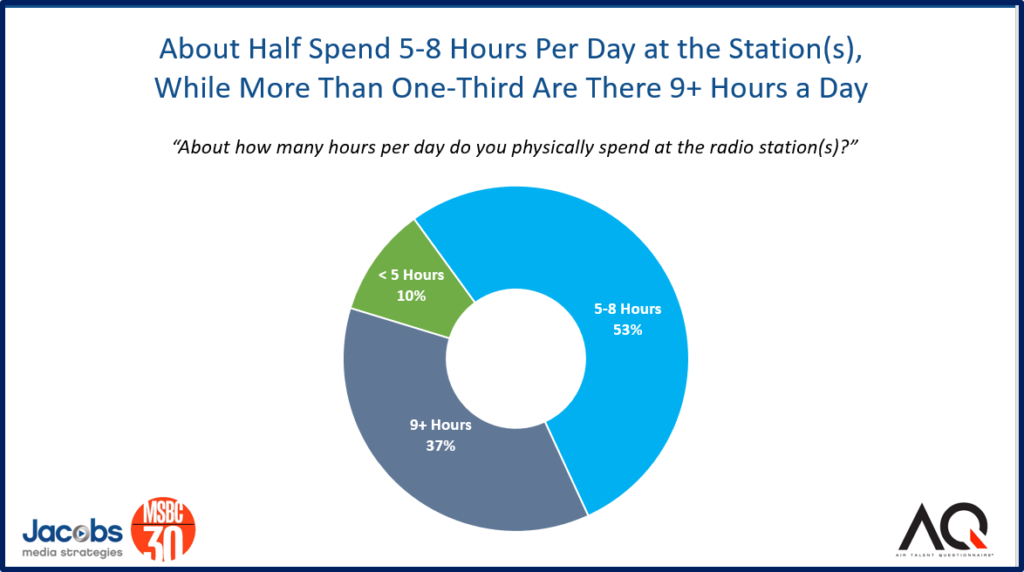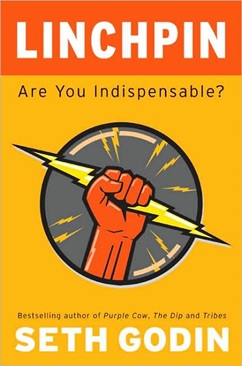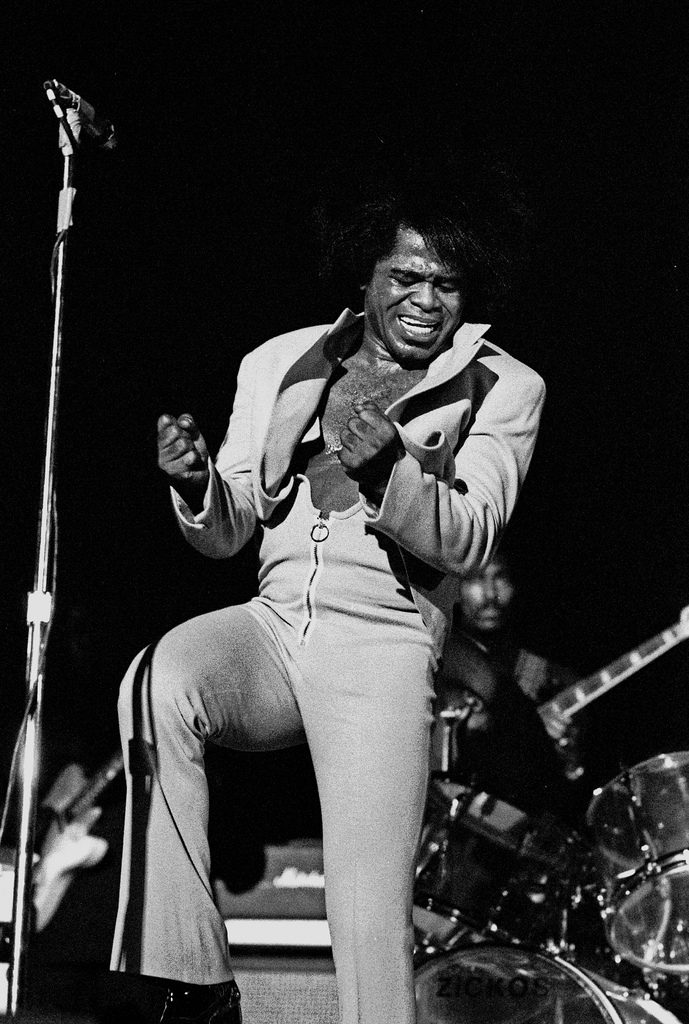
If our “Throwback Thursday” blog posts are themed around time warps, today’s travel back into the past checks off all those boxes – and then some. The post itself is only 5 years old, but in some ways it feels older than that.
Or maybe that it’s out of a parallel universe.
Written and published in December 2018, it’s got everything, including Elon Musk’s pre-Twitter madness. And it is decidedly pre-pandemic in tone. The concepts of WFH, work-life balance, and even PTO are nowhere to be seen in this post.
I’m not suggesting today’s radio employees – on and off the air – aren’t hard-working, dedicated employees. Far from it. But the sensibilities about work – and workplace – have changed dramatically since this post first saw the light of day.
But there’s been another change, too. Workers in radio stations are wearing more hats these days. Interestingly, our first AQ study of air talent is cited in this post. Now that we have five of these surveys under our research belt, we know job duties have expanded over the past few years. The average air personality is now wearing “3 hats,” while the 24-hour day has not expanded accordingly. For some workers in the radio business, neither has their paycheck.
Are working conditions inside radio stations better or worse today than they were five years ago? Is it more or less fun to work in radio than it was in 2018? If you’ve been working in the radio business this past 5 years, you tell me. – FJ
December 2018
“You can’t change the world working 40 hours a week.” – Elon Musk
Well, it’s Friday, but joyous shouts of “TGIF” and sales teams running to the station hangout after lunch for a few cold ones just don’t seem to be happening in radio that much anymore.
That’s because it’s become a “given” that Elon Musk’s philosophy of long hours, passion, dedication, and focus have become der rigueur. That’s French for “required” or in other words, “the way it is.”
Back in a different era when I worked for ABC Radio, the airstaff worked standard four-hour shifts. We had six full-timers, and while they worked one weekend day as well (even the morning shows). But I can’t tell you that anyone on the air worked anything resembling an 8-hour day, because most did not.
That’s sure been remedied today. And while few are working Muskian 120-hour work weeks (yes, that’s what he put in order to keep his cutting edge companies running), no one’s working the old “4 and out the door.” In fact, Musk says most Tesla devotees put in 80-100-hour work weeks because you can’t “change the world” by doing anything less.
And in our AQ study, we asked the 1,100 airstaffers how much time they physically spend in the station on a typical workday.

Only a handful – one in ten – spends less than five hours a day in the station (and they could be part-timers). While a majority are in the 5-8 hours a day range, well more than one-third say they’re in the building 9 or more hours each day.
And that doesn’t account for prep time at home or station appearances throughout the week. A look at Facebook on any give day reveals that pretty much any radio personality serious about their careers, their jobs, and their stations isn’t slacking or mailing in these days.
This can be a particularly difficult time for radio’s rank-and-file as job cuts often take place as the fiscal year wraps up. As staff evaluations are being  made, I always think of Seth Godin’s Linchpin, the book for over-achievers in all walks of life. Seth’s contention is that by becoming that go-to staffer who volunteers for every and any job, and who has a highly diverse skill set, job security is…well, more secure.
made, I always think of Seth Godin’s Linchpin, the book for over-achievers in all walks of life. Seth’s contention is that by becoming that go-to staffer who volunteers for every and any job, and who has a highly diverse skill set, job security is…well, more secure.
But that kind of routine entails “Elon Hours” – or pretty close – in order to demonstrate value to the organization and the management team.
Nor are programmers or sales managers. Thanks to smartphones, management is available 24/7 because of email and text messages. As a PD, I used to carry around a pager (better know as a beeper) – my electronic tether. Today, grabbing the PDs attention is more efficient – often just a text away. And most competitive programmers want it that way.
And then there’s the weekends. Programmers in PPM markets spend some “fun time” every Sunday calculating meter counts as they gird for the next weekend. Going into holiday weekends, scheduling multiple music logs (often for multiple stations) is standard operating procedure. Sales managers are constantly reforecasting, staring at spreadsheets, calculating how to make their numbers.
I meet many broadcasters at state broadcaster association conferences who work several jobs across the cluster, especially in small markets. At that level, it’s not just a job – it’s a lifestyle.
But it’s radio’s new generation of CEOs and COOs that is setting the new tone in radio broadcasting companies as they attempt to morph into multi-media entertainment and information platforms. Talk to any of them, and you’re apt to hear about non-stop travel, their board positions, constant market visits, deal making, and problem solving – all of which can take place wherever whenever.
Author, podcaster, and speaker (no one has just one job title anymore) Malcolm Gladwell insisted in Outliers that expertise comes at a cost – a 10,000 hour commitment to truly become proficient at your craft. That’s a lot of time to devote to achieving expertise, but as Gladwell explains, “You need to have practiced, to have apprenticed, for 10,000 hours before you get good.”
While most radio broadcasters are passionate about their stations and their communities, they’ve also learned about the wisdom of building and managing their own brands. Celebrities of all stripes – especially in the worlds of entertainment, sports, politics – are hard at work, crafting their images, creating extensions, developing “side hustles,” and using the available social network and word-of-mouth avenues to keep their personas top-of-mind. These endeavors take time.
Back in the day, soul singer James Brown was known as “The Hardest Working Man In Show Business.” He played a lot of gigs, wore a lot of hats  (literally and figuratively), and easily produced a gallon of sweat each night on stage. Today, more performers across the spectrum are working at a similar pace to “The Godfather of Soul.” (Yes, James Brown was also an expert in branding and positioning.)
(literally and figuratively), and easily produced a gallon of sweat each night on stage. Today, more performers across the spectrum are working at a similar pace to “The Godfather of Soul.” (Yes, James Brown was also an expert in branding and positioning.)
That takes a lot of work. And whether you believe the economy is robust or a bubble about to burst, there’s consensus that hard work and many hours are simply required, whether you’re Ryan Seacrest or Screamin’ Scott.
Many believe that Elon Musk has been on the personal and professional brink at various times this year as Tesla has teetered and those long hours have taken their toll.
But he perseveres, based on hard work, and the mantra that has spread throughout his companies. As he works even longer hours than his employees, Musk is setting his company’s tone. He readily admits that his regimen is not for everyone.
The term “slacker” was very much a ’90s thing. But in actuality, it was originated back in the late 1700s when Sudanese workers protested their powerlessness by slowing down the pace.
You’re hard-pressed to think of many successful slackers today. It’s not only undesirable – it has proved to be an outmoded work mindset that simply has no place in today’s hyper-speed, 5G environment.
There’s certainly no room for it in radio.
We’ve got a job to do.
- What To Do If Your Radio Station Goes Through A Midlife Crisis - April 25, 2025
- A 2020 Lesson?It Could All Be Gone In A Flash - April 24, 2025
- How AI Can Give Radio Personalities More…PERSONALITY - April 23, 2025





When I was a baby DJ, my shift was 7p-1am. I was away from home and knew NO ONE, so where else would I be? At the radio station. Great way to learn the daytime politics, voice spots, laugh at the rest of the staff jokes. I know that WFH has changed a lot of that-but it’s a great way to be better at what we all do!! Great talent is working 24/7-even in their sleep.
And I’m going to take a not-so-wild guess, Dave, that you were also one of those who “deejayed” while driving around listening to others on the radio yourself! (Admit it, we all did!)
It’s simple – the more you hang around and the more you spend time with others, the more you learn. Especially when you’re a young person in the business. You can master the craft much quicker if you spend time there.